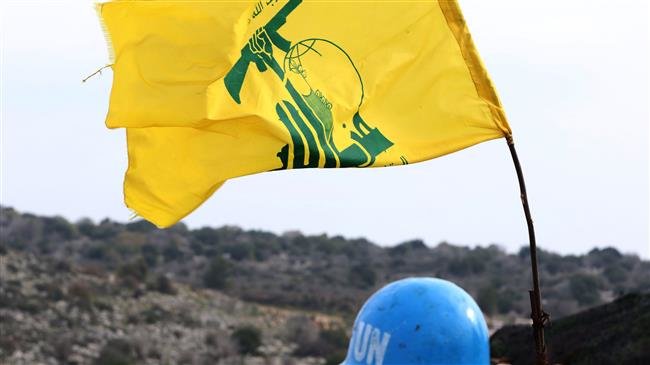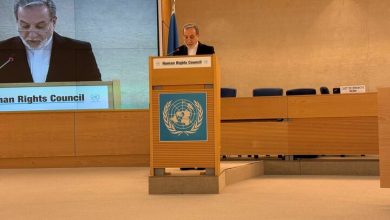Germany refuses to blacklist Hezbollah in defiance of US, Saudi pressure


Germany has refused to follow Britain’s lead in designating the Lebanese resistance movement Hezbollah as a terrorist organization despite pressures from Saudi Arabia and the United States, a senior official says.
The decision was announced on Friday by Minister of State Niels Annen in an interview with weekly news magazine Der Spiegel after his visit to Lebanon.
Annen described Hezbollah as “a relevant factor in Lebanese society”, and said Germany “was interested in Lebanese stability.”
Berlin made the decision despite the fact that it may fuel tensions with Saudi Arabia and the United States, which have been pressurizing their allies to ban the Lebanese movement.
Annen rejected US criticism that Berlin was doing too little to combat Iran’s influence in the region and said his country’s foreign policy remained focused on finding political solutions even in tough situations.
The British government last month designated the entire Hezbollah organization – both its political and military wings – as a terrorist entity. It had previously blacklisted Hezbollah’s military apparatus as a “terrorist group.”
Hezbollah strongly condemned the move, and described it as an insult to the Lebanese nation.
“The British government, in this decision, insulted the sentiments and the free will of the Lebanese people, who consider Hezbollah such a political and popular force that they granted it big representation in Parliament and Cabinet,” Hezbollah said in a statement released after the UK’s decision.
Lebanon’s Hezbollah has issued a statement “strongly rejecting” a British decision to consider the resistance movement a terrorist organization.
Hezbollah is strongly supported by the people of Lebanon and has a strong representation in the country’s political process, especially after its victory in last year’s elections, where it won over half of the parliamentary seats.
As a result of the victory, it later gained control over three of 30 ministries in the government led by Prime Minister Saad al-Hariri, the largest number ever.
In remarks made earlier on Friday, Hezbollah Secretary-General Sayyid Hassan Nasrallah condemned the British government’s decision to outlaw Hezbollah in its entirety, stating that some countries would follow suit.
“They list us as a terrorist organization because they have failed in their military confrontations and schemes, and are fearful of a new war. Hezbollah’s willpower and might is getting stronger day by day indeed,” he noted.
Britain has become increasingly angered by Hezbollah’s role in an anti-militancy campaign in Syria, where London has for the past eight years supported terrorist groups opposed to the government of President Bashar al-Assad.
Hezbollah has played a major role in helping Assad purge the Syrian territory from terrorist groups. The intervention, once criticized inside Lebanon, has helped the resistance movement increase its political clout as the group now controls three ministries, a first in the history of the Lebanese government.
The Israeli regime swiftly welcomed Britain’s decision, with Israeli Security Minister Gilad Erdan saying in a tweet that the European Union, which unlike the United States has opposed designation of Hezbollah as terrorist entity, should follow suit.





